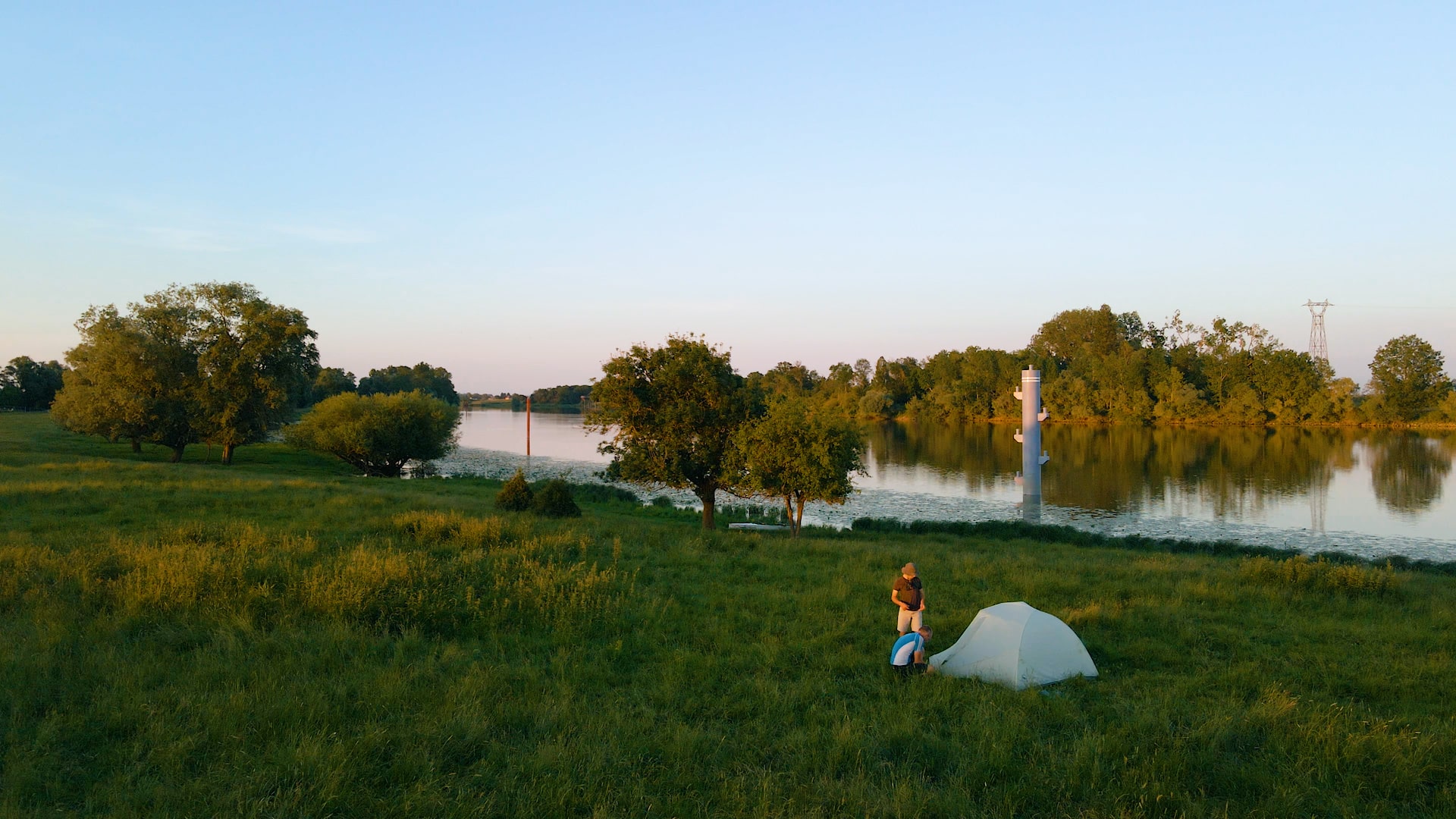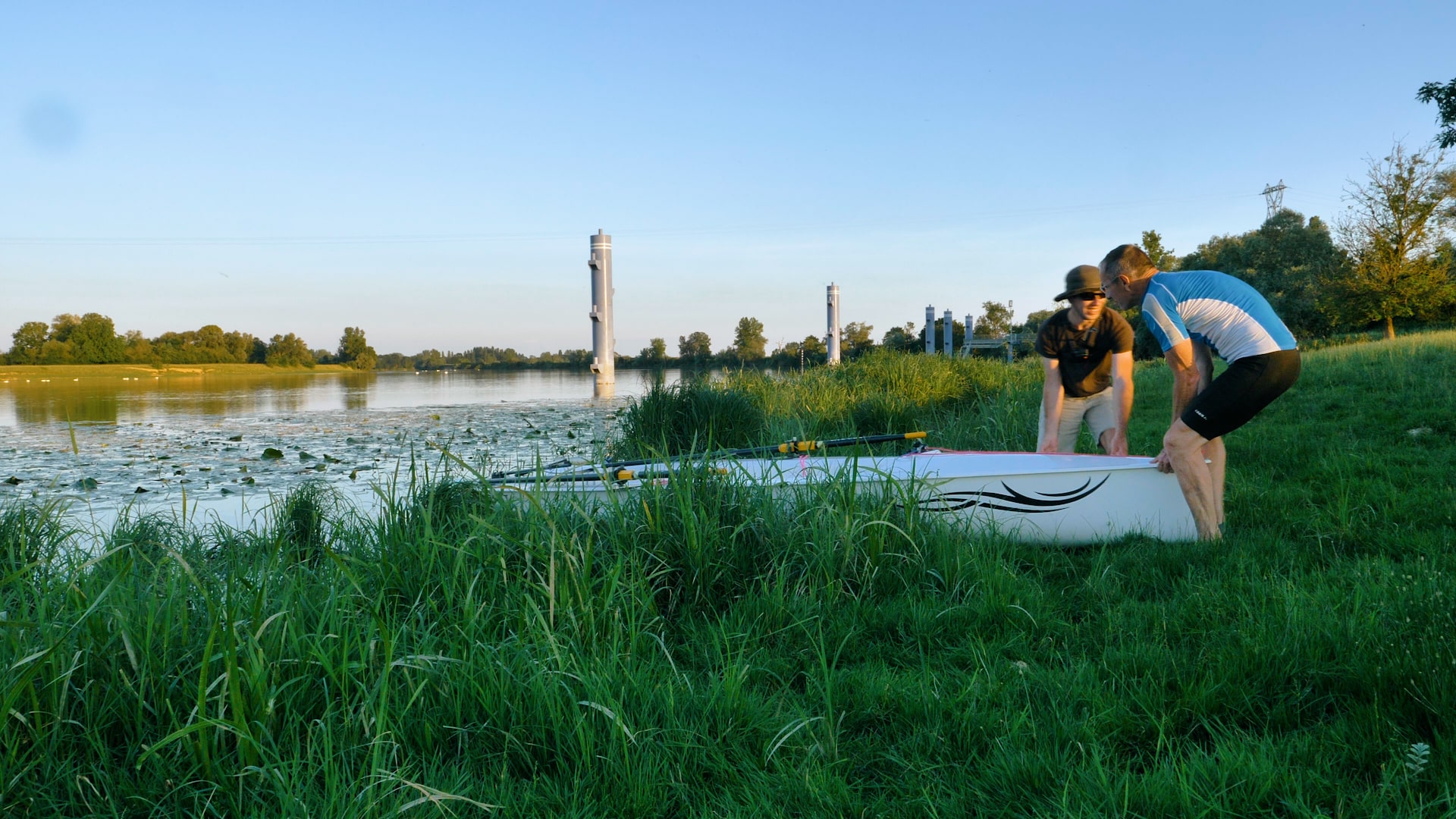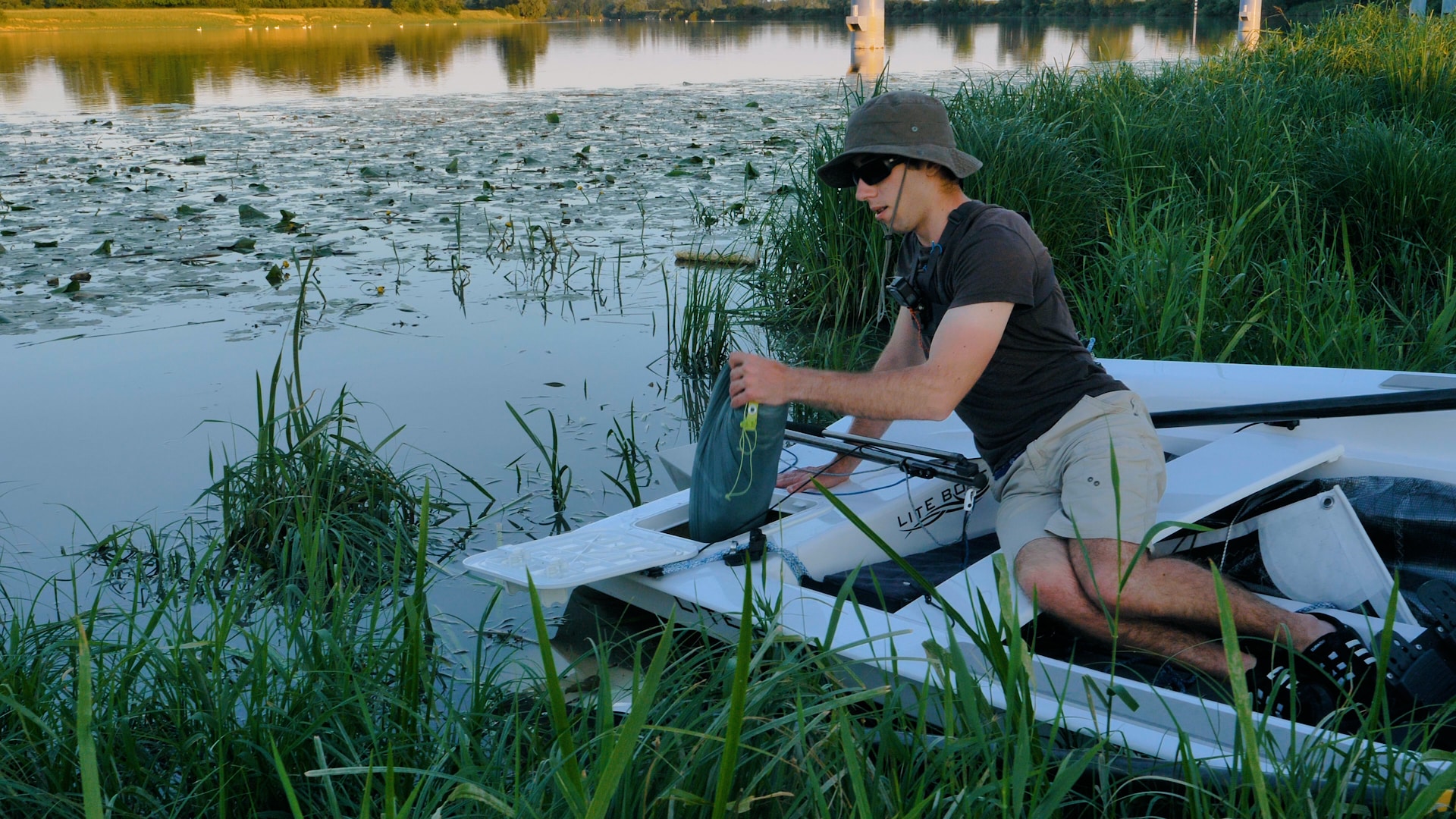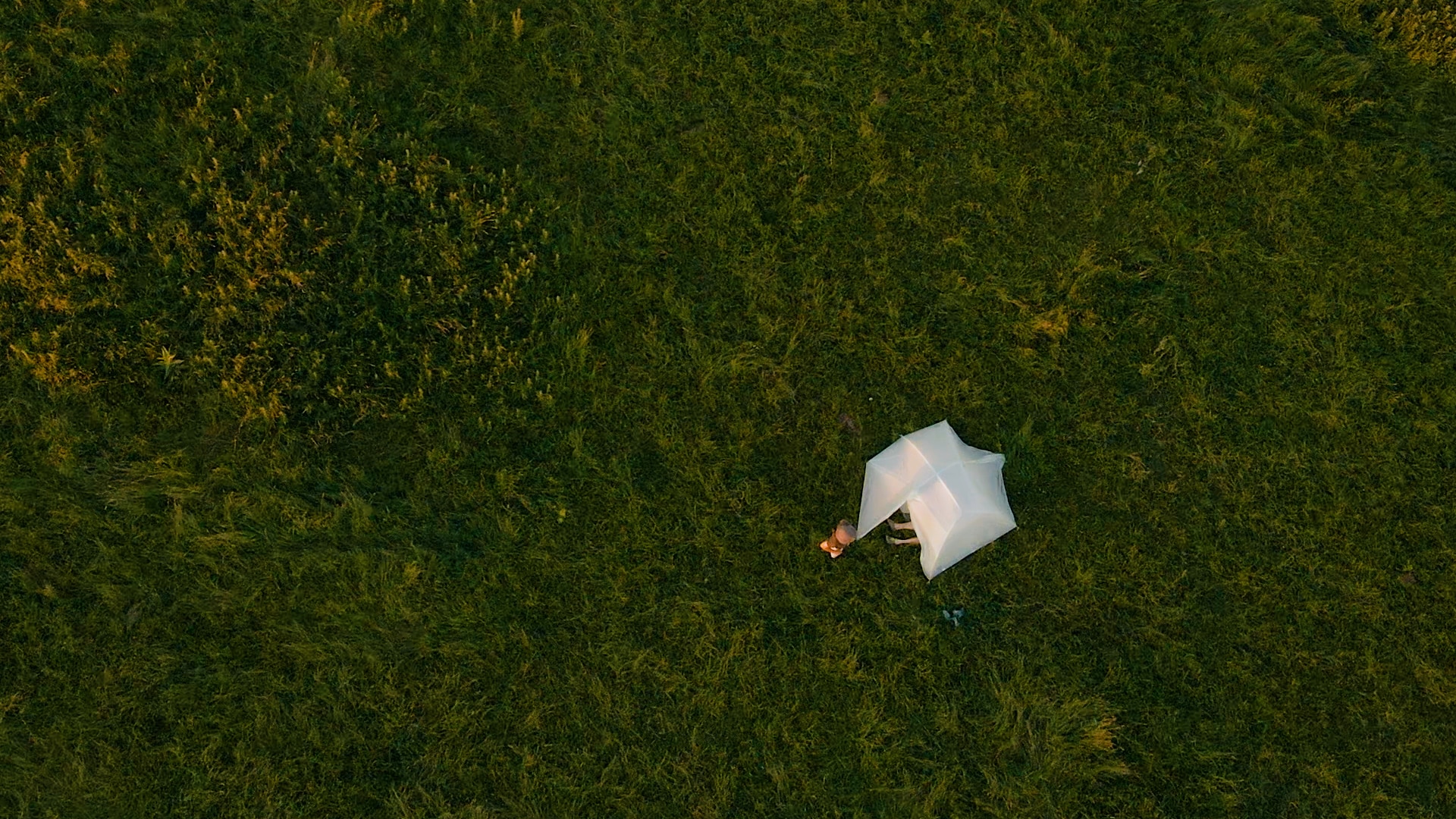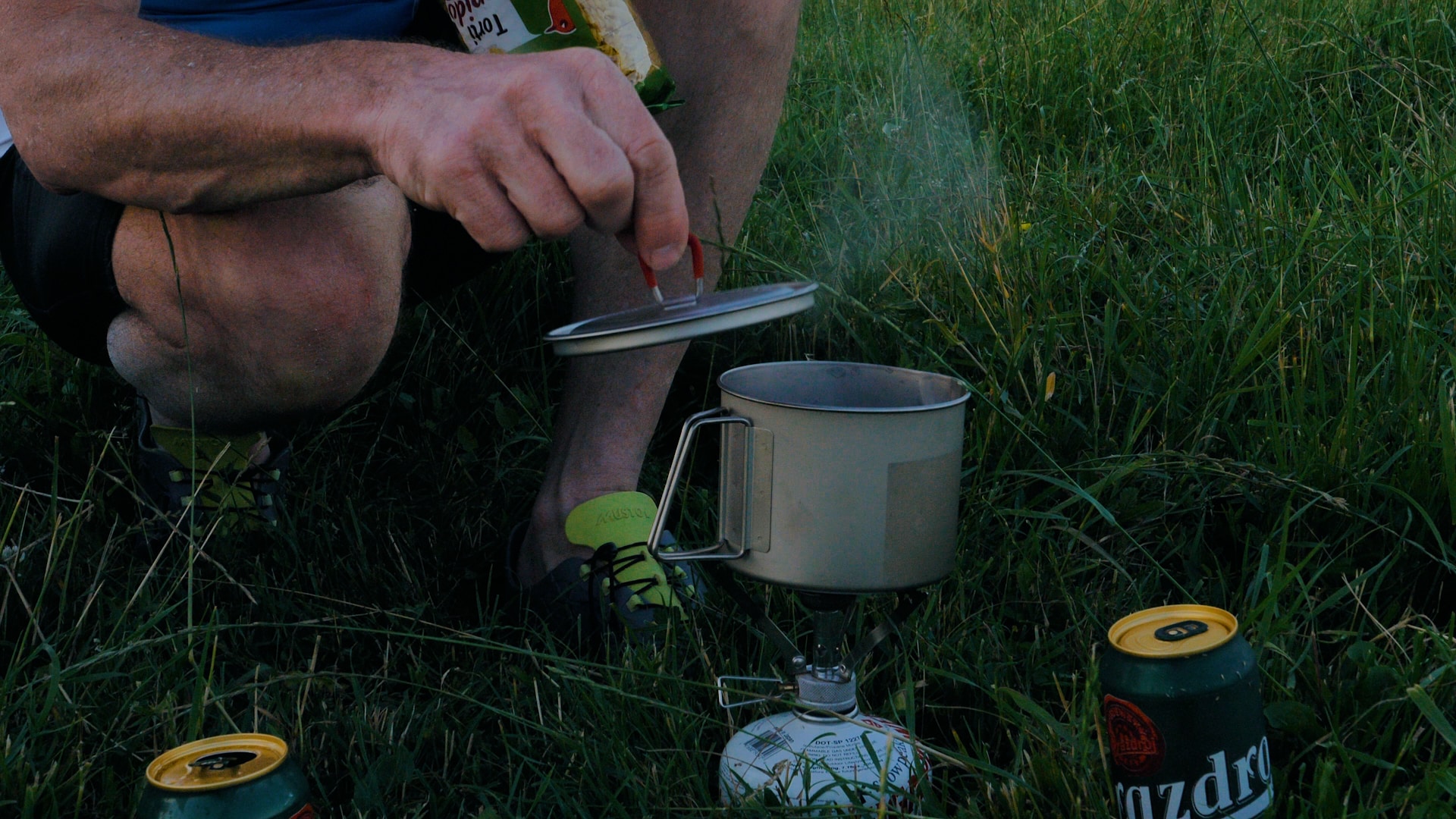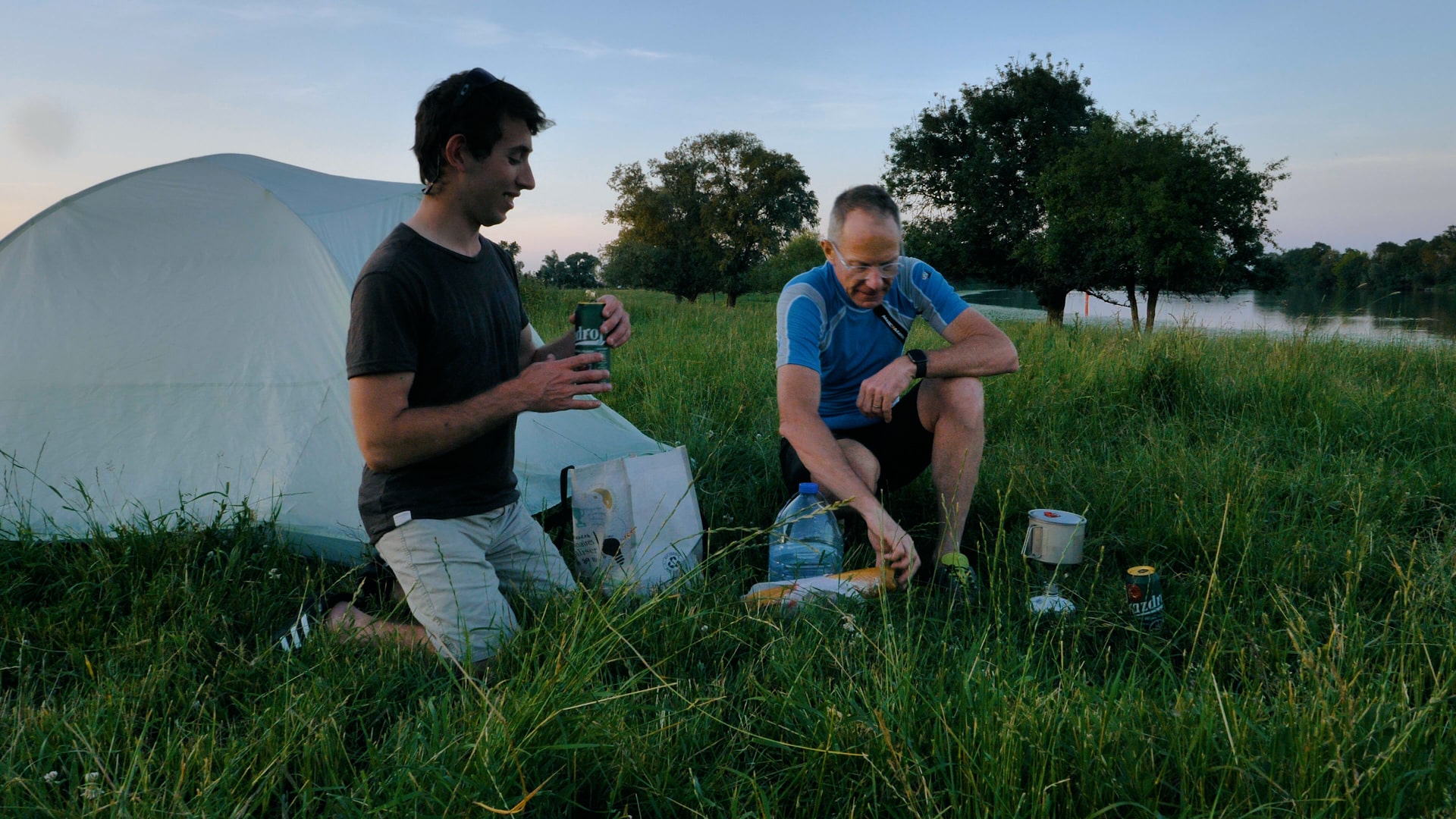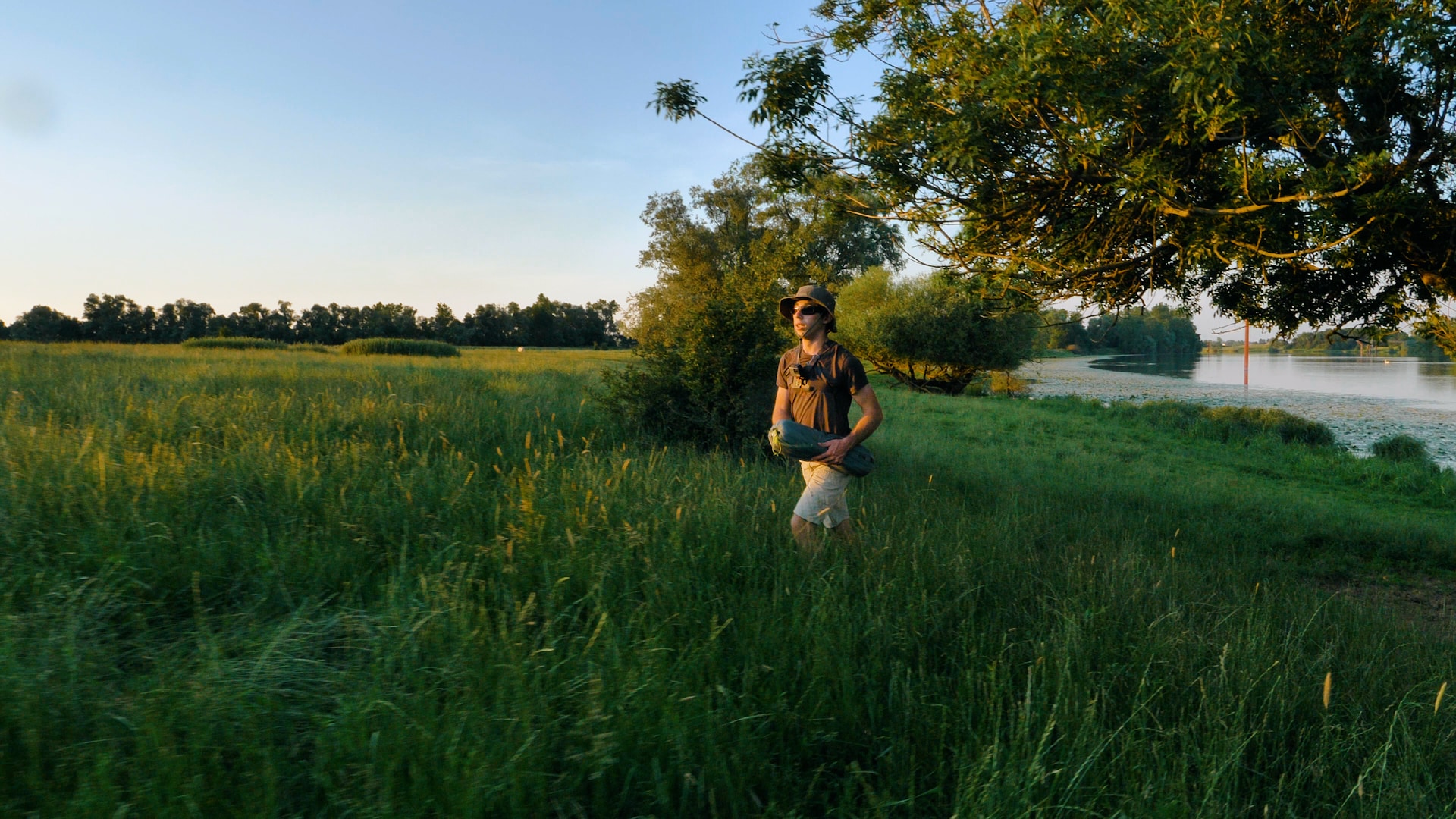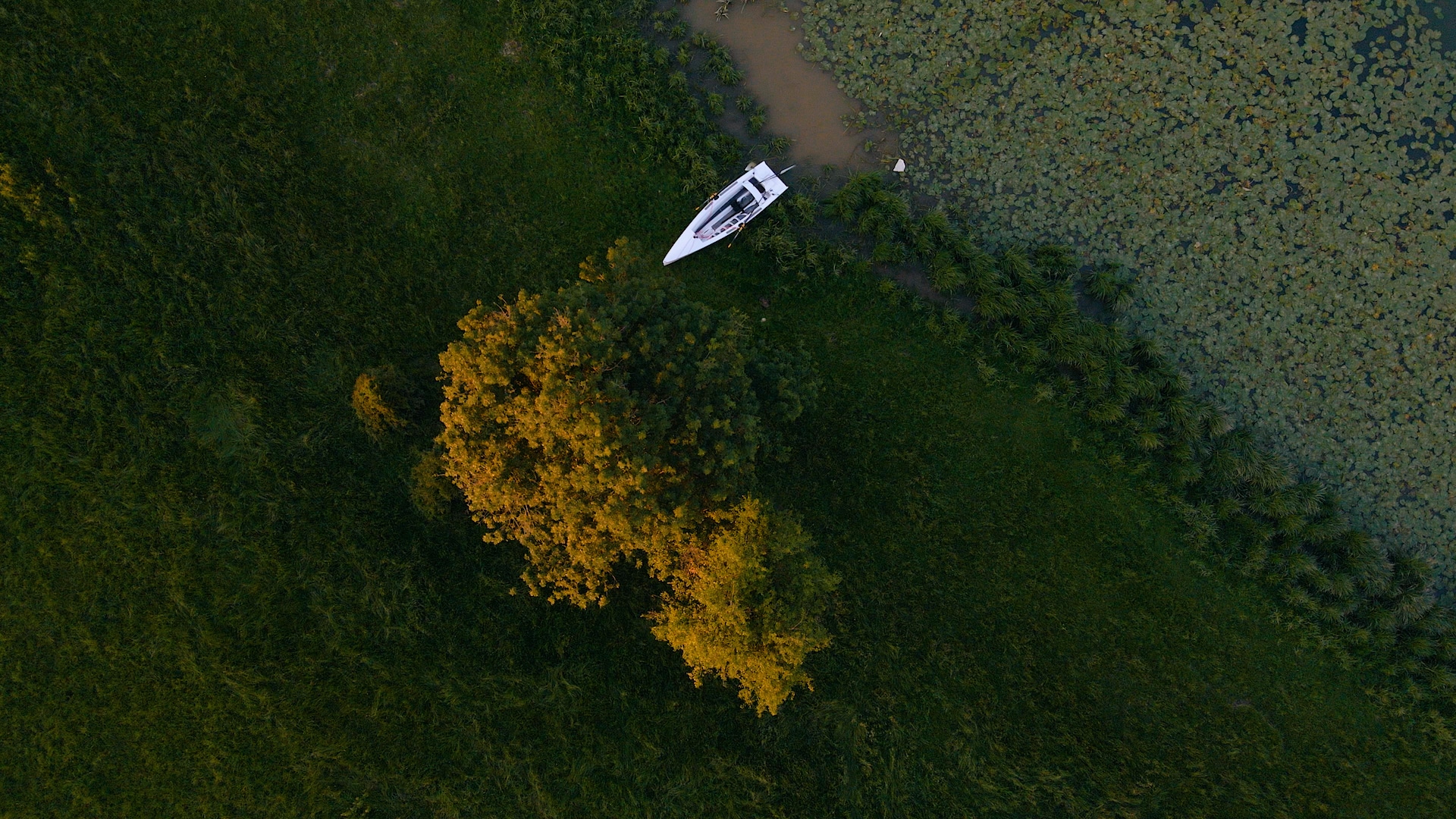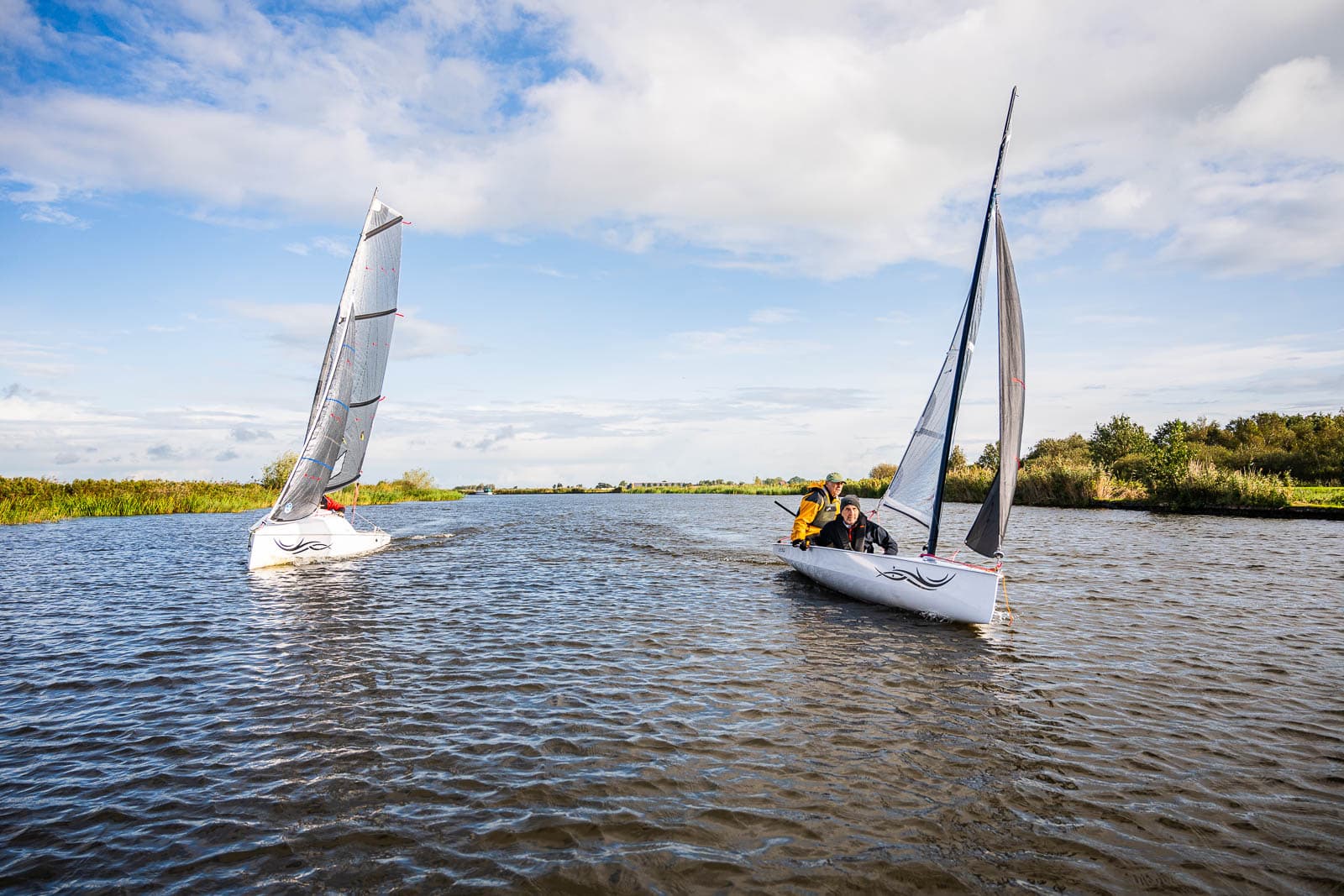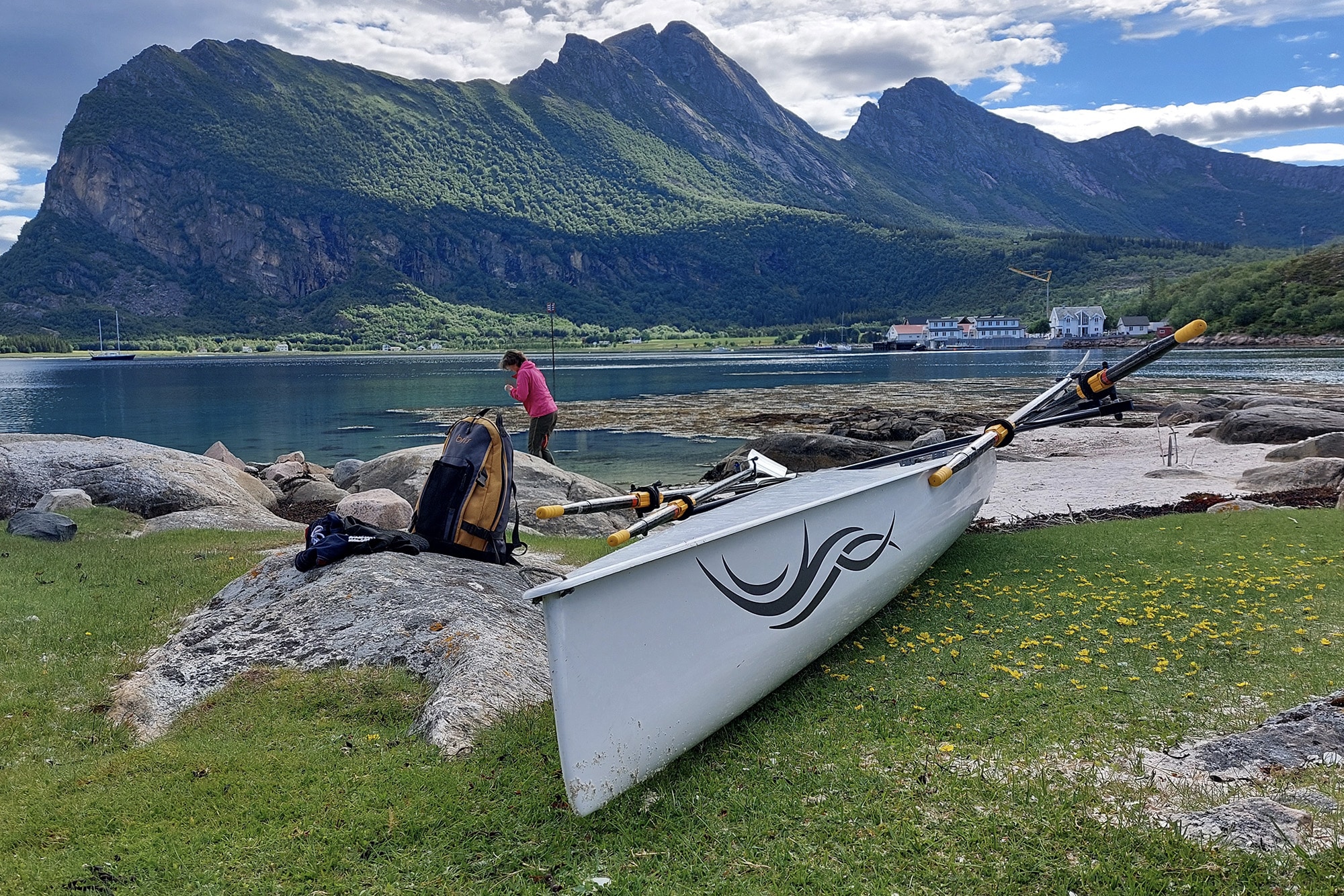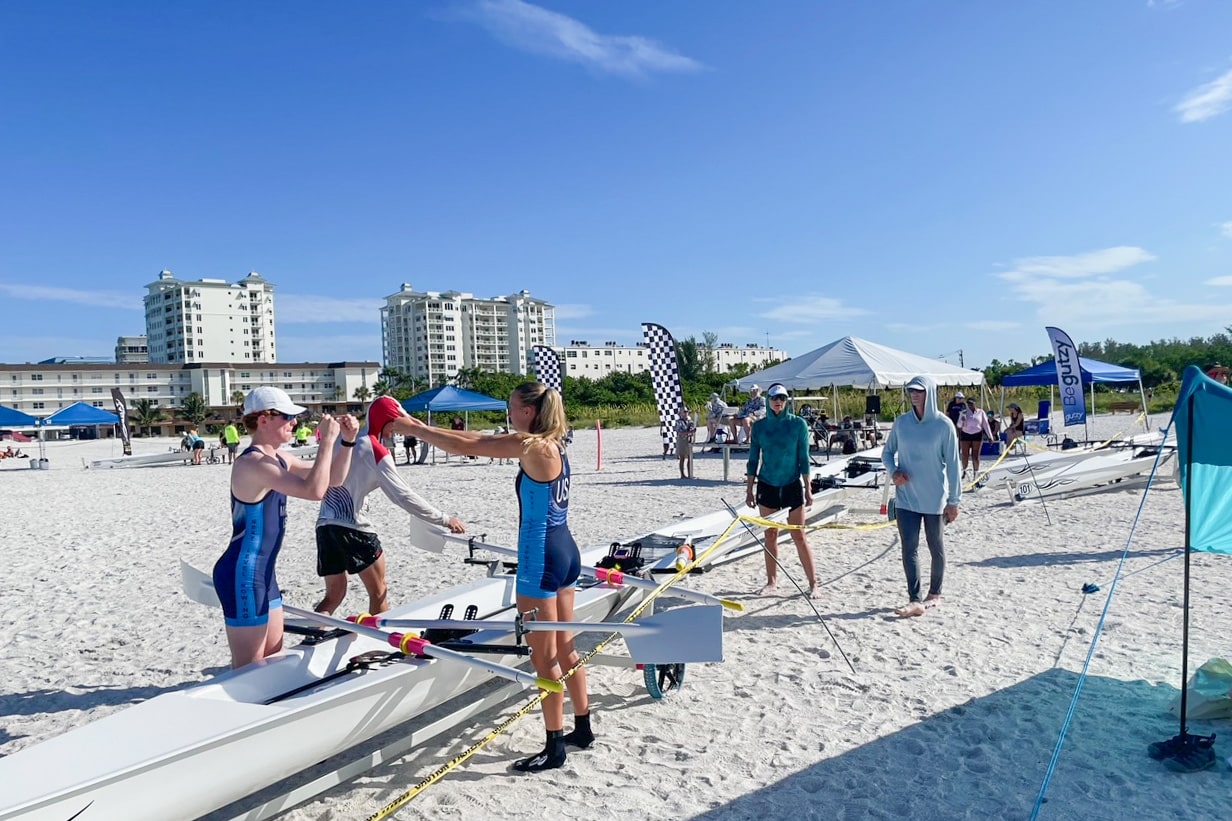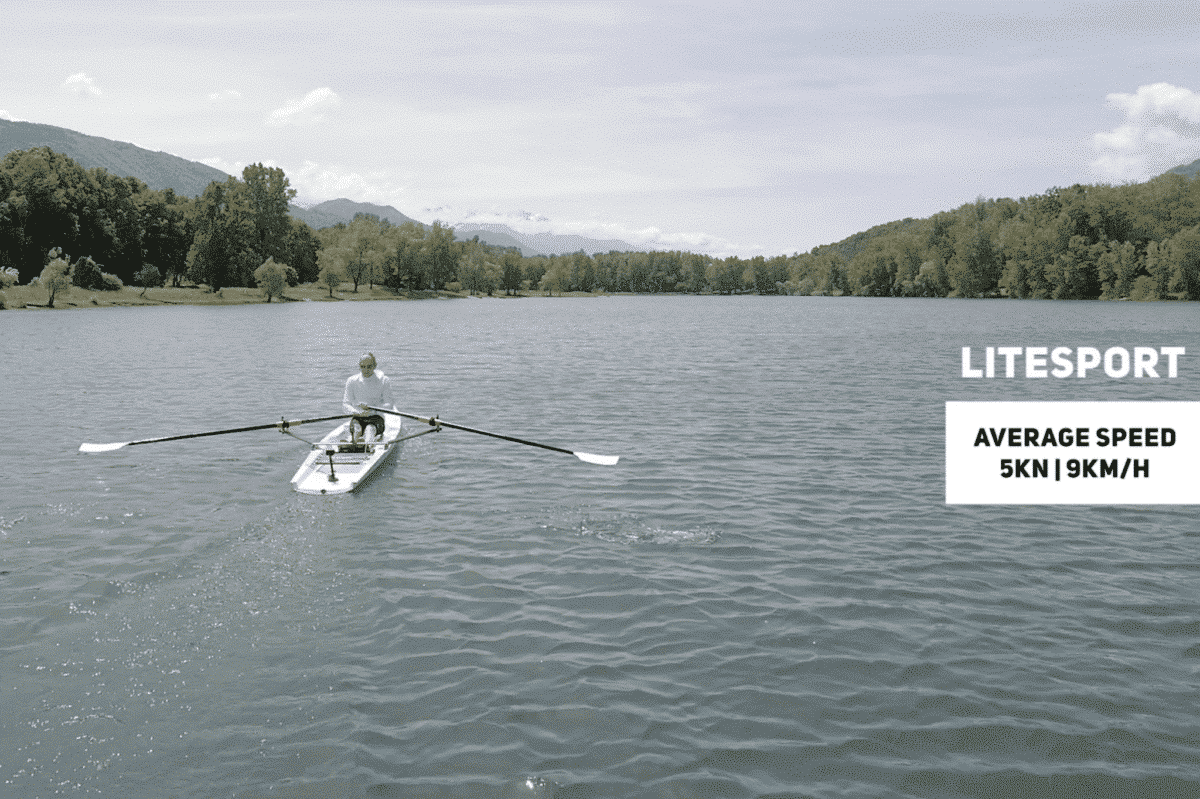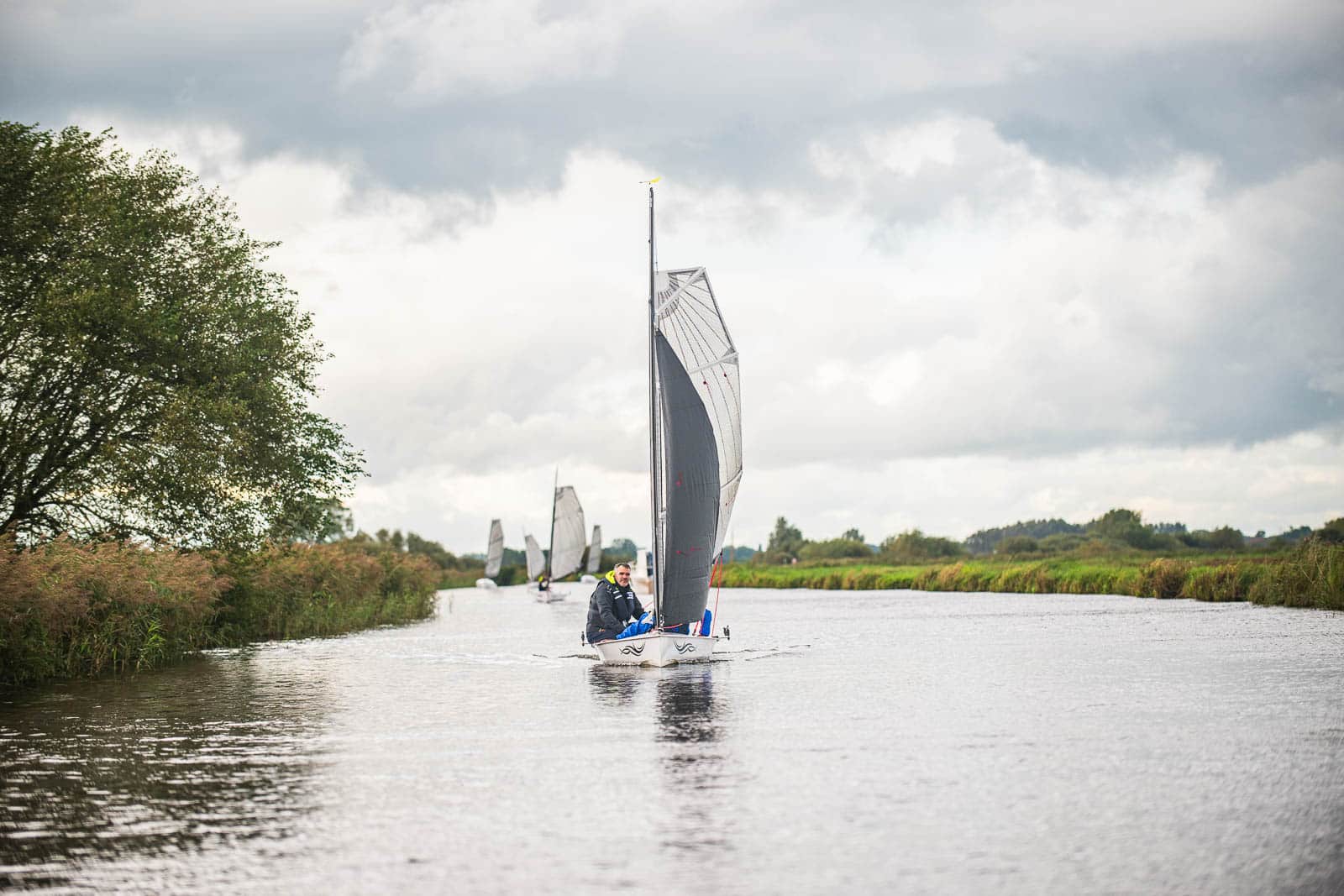Embarking on a rowing trip promises a unique fusion of adventure and tranquility, as you row through preserved waters and set up camp along the way. While the allure of exploring nature from the vantage point of a rowing boat is undeniable, the key to an unforgettable experience lies in meticulous preparation, particularly when it comes to camping. We prepared for you practical tips and detailed advice to ensure your nights under the stars are as comfortable as your days on the water. Let’s delve into the essential elements that contribute to a seamless and enjoyable camping adventure during your rowing trip!
Gear and food:
– Tent selection: Opt for a lightweight and compact tent that is easy to set up and take down. Look for models designed for quick assembly, and don’t forget to train in your garden or your nearby park to be able to set it even with eyes closed! Take with you any spare parts (sections of poles, it can break easily) and repair kit (self-adhesive fabric patches). In some regions and in summer, a good hammock could be a very compact and fast solution, if you find the right trees to set in on!
– Mattress & sleeping bag: Select a mattress that provides both insulation and comfort. Consider inflatable mattresses that are lightweight, some have the volume of a water bottle! For the sleeping bag, get the right one for the expected temperatures, and if needed add a fleece sleeping bag liner to gain some degrees, it can be more versatile than a very (too) warm sleeping bag alone.
– Cooking: Invest in a reliable and compact stove. For a short trip, or if you’re passing cities, gas ones are faster, lighter and cleaner, but petrol stoves are a good choice if you want to find fuel in remote places (just be careful while starting it, get it away from any flammable material like your tent). Like for the tent, best is to familiarize yourself with the stove’s functionality before the trip.
– Meal planning: Plan meals that require minimal preparation and utilize dehydrated or freeze-dried food. Pack food in lightweight, airtight containers to minimize waste and prevent odors that may attract wildlife. As we are French, we always mix dehydrated meals with “real” food, like dry meat, hard cheese (special vote for Comté or Beaufort cheese), nuts, even brownies, so you can have a real pleasure food every day to keep your spirits up!
Boat care & storage:
– Boat care: When arriving at the campsite, open the drain plug to empty any water that could have been in the hull, and if needed raise the front of the boat to help the water get out. If the weather is warm, open all the hatches so it can dry inside, but don’t forget to close it before night so the humidity won’t come in, neither insect or other animals. If you are rowing at sea, clean the boat with some clear water if possible, if not you can wipe it with a cloth to get rid of the salt.
– Boat storage: If you have a trail trolley (discover here), use it to secure your boat up on the shore. In any case always attach your boat with a rope to a tree to avoid any problem and bad sleep because you will be stressed about your boat being carried away by the river. Store the boat upside down during the night, this will prevent any issue with possible rain and put less mechanical stress on the hull.
Campsite:
– Choosing campsites: Select campsites with flat terrain and well-drained soil to avoid water pooling around your tent. As you’ll be most likely close to the water, be sure to pitch your tent up the visible high level water line on the shore. Be careful if you are next to a river with big boats passing, water can go down then come back very high!
– Respecting regulations: Be aware of campsite regulations regarding open fires. If fires are allowed, keep a water bottle or container around in any case, and always drown the flames before going to sleep.
– Leave No Trace: Follow Leave No Trace principles by choosing established campsites, packing out all trash, and minimizing your impact on the surroundings. Avoid disturbing wildlife and adhere to any specific guidelines or restrictions in the area.
By paying attention to these details, you can ensure a comfortable and enjoyable camping experience during your rowing trip. With proper preparation, you’ll be able to immerse yourself in the serenity of nature! Don’t hesitate to share with us your experiences with your Liteboat 😉
